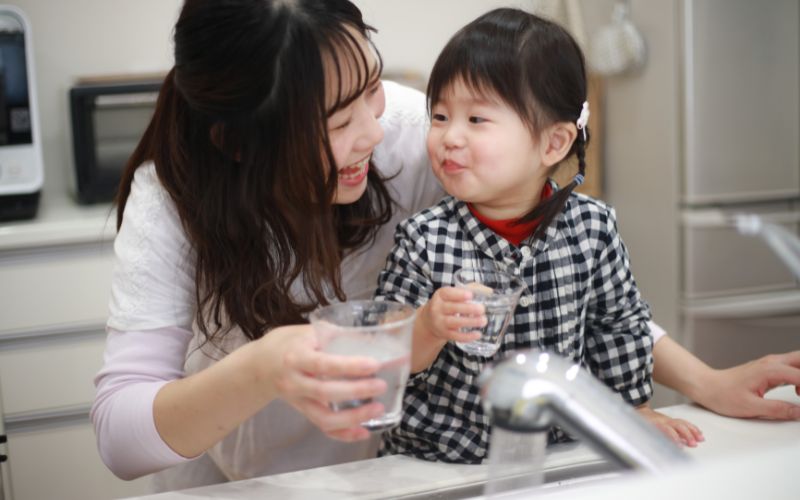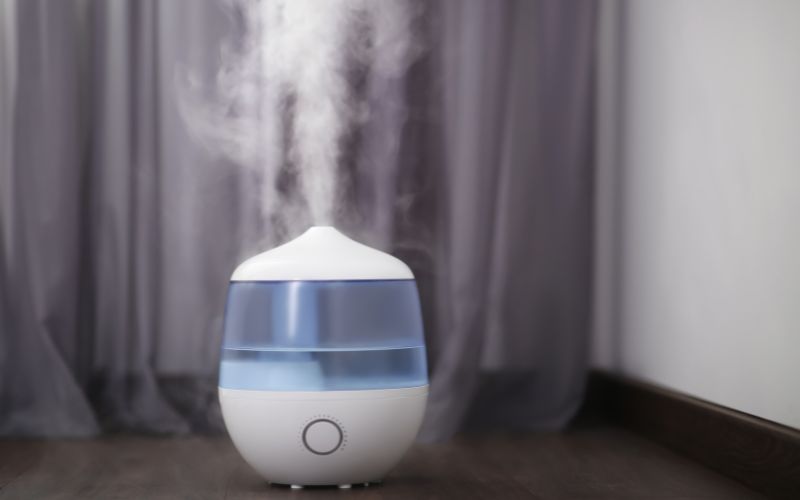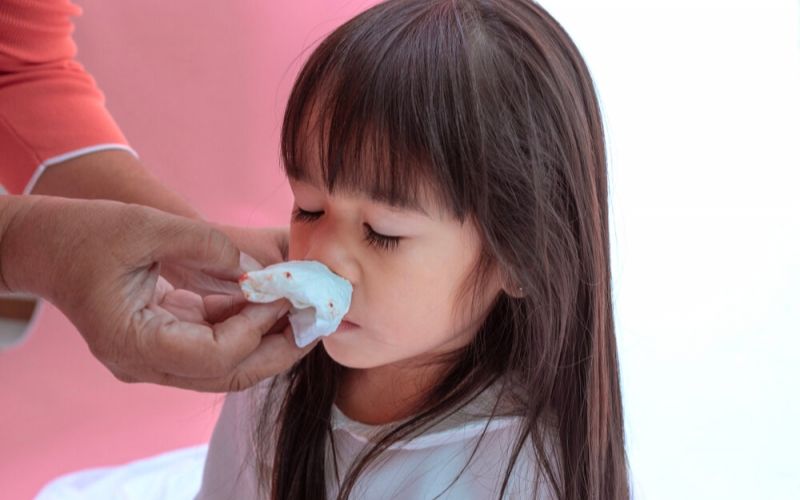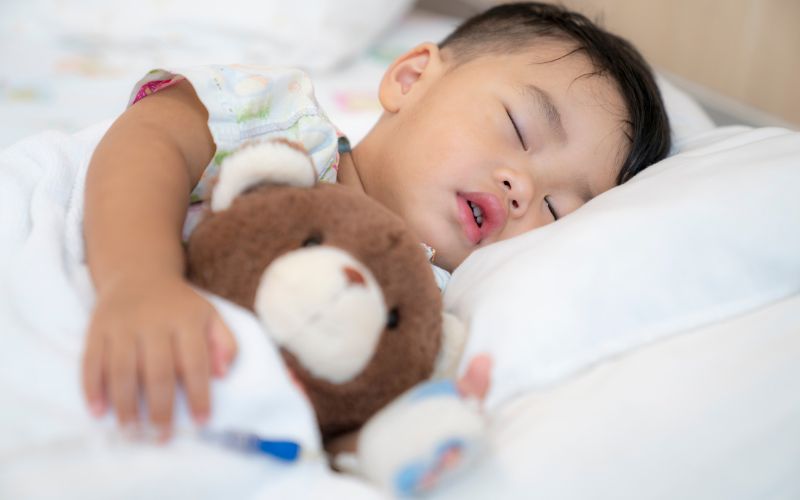Children tend to catch colds easily, exhibiting symptoms such as coughing, fever, and runny noses. This is because their immune systems are not yet fully developed. So, what should parents do to help their little ones recover quickly? Let’s find out through the following article!
1. Keep the Body Warm
Colds and runny noses in children are often a result of their bodies not being warm enough. Therefore, when your child falls ill, it is recommended to dress them in additional warm clothing to maintain their body temperature. Simultaneously, limit their exposure to cold outdoor environments unless necessary, and prevent cold drafts from entering your home to keep your child cozy and comfortable.
 Keep the Body Warm
Keep the Body Warm
2. Provide Warm Fluids
When your child is suffering from a cold, runny nose, or fever, ensure they consume ample warm fluids to maintain hydration and body fluid balance. Providing sufficient fluids will also help your child feel more comfortable and facilitate a speedier recovery.
 Provide Warm Fluids
Provide Warm Fluids
3. Moisturize the Air
Dry air can also negatively impact a child suffering from a cold, causing nasal dryness and exacerbating other symptoms. Therefore, it is advisable to use a humidifier to create a more comfortable environment for your little one.
 Moisturize the Air
Moisturize the Air
4. Avoid Adult Medications
Many parents give their children adult cold medications to alleviate symptoms like coughing, fever, or a runny nose. However, this practice is ill-advised as medications are tailored for specific age groups and come with distinct dosage instructions. Thus, it is highly recommended to consult a pediatrician and obtain a precise prescription for your child’s needs.
 Avoid Adult Medications
Avoid Adult Medications
5. Refrain from Finger Nose-Picking
When children have a cold, they often experience a runny or stuffy nose. In such cases, many children and parents resort to using fingers to clear the nose, which can be harmful. Instead, opt for a nasal aspirator to safely and effectively clear your child’s nasal congestion.
 Refrain from Finger Nose-Picking
Refrain from Finger Nose-Picking
6. Ensure Adequate Rest
Just like adults, children suffering from a cold need ample rest to facilitate a swift recovery and alleviate symptoms like a runny nose. Limit strenuous activities and prioritize rest to help your child’s body heal and regain its strength.
 Ensure Adequate Rest
Ensure Adequate Rest
By following these six tips for caring for your sick child, you can help alleviate their symptoms. However, if their condition worsens or persists, it is advisable to seek professional medical attention at a hospital.
Source: Literary Arts Times
The Risk of Underestimating Getting Caught in the Rain
No matter the weather, getting caught in the rain can be an unwelcome occurrence. While one may think that it’s no big deal, it’s important to take measures to get yourself dry and warm after such an experience. Don’t underestimate the effects of the rain – it can be more damaging than one may think.





































